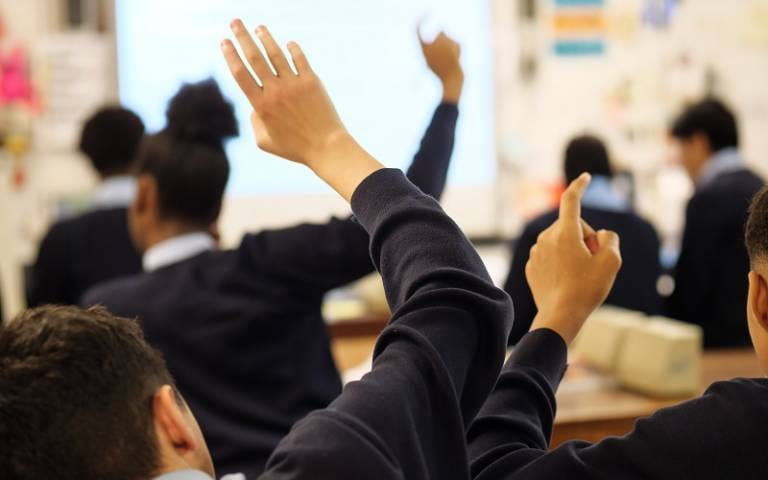Belonging part 1: the ‘red card’ of exclusion
By Blog Editor, IOE Digital, on 22 June 2022
22 June 2022
‘You must shun (this girl) .. avoid her company, exclude her from your sports, shut her out of your converse… (she) is a liar’. So pronounced Mr Brocklehurst, proprietor of Lowood School. His venom was directed against Jane Eyre, the eponymous heroine of Charlotte Bronte’s novel.
Some time ago, I interviewed young people who had been excluded from school. They drew pictures of how they felt. One image has long haunted me. At the center is a small child looking distraught. The caption around the drawing reads:
You’re thick.. You’re stupid.. You don’t belong here.. Get out of my school… (more…)
 Close
Close








